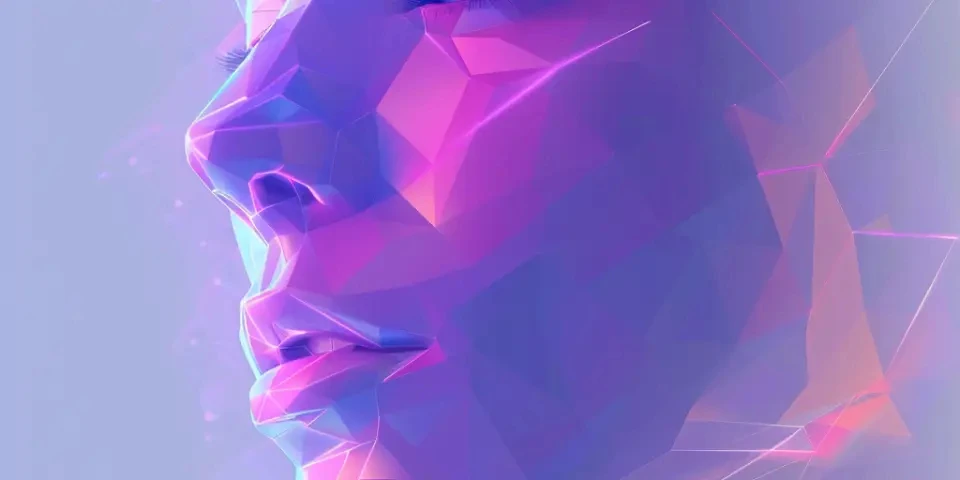In Search of Poetry How AI Can Help You Pen Beautiful Words
Poetry has consistently captivated the hearts and minds of people for centuries. It possesses the unique ability to transport us to different worlds, evoke deep emotions, and connect us with the beauty of language. However, crafting poetry that resonates with readers is no easy feat. That's where artificial intelligence (AI) comes into play. With its immense computational power and advanced algorithms, AI can lend a helping hand to poets, both amateur and professional, to pen beautiful words. In this article, we will explore how AI can revolutionize the world of poetry and aid in the creation of captivating verses.
Prominent Aspects of AI-Assisted Poetry
1. Automated Generation of Poetic Text
AI algorithms can analyze vast amounts of existing poetry to learn the intricacies of language, rhythm, and metaphors. By utilizing this knowledge, AI can generate poetic text automatically. These generated verses can serve as a starting point for poets, offering inspiration or unique ideas to explore and expand upon.

2. Enhancing Language and Vocabulary
AI-powered tools, such as language models and contextual dictionaries, can suggest alternative word choices and refine the overall expression in a poem. These tools can elevate the language and vocabulary used by poets, enabling them to communicate their thoughts and emotions more effectively and beautifully.
3. Analyzing Poetic Structure and Form
AI can assist in analyzing the structure and form of various poetic styles, such as sonnets, haikus, or villanelles. By examining existing poems and their patterns, AI algorithms can provide poets with recommendations on how to structure their poems and adhere to specific rules or conventions of a chosen style.
4. Feedback and Critique
Receiving feedback is crucial for any poet's growth. AI-powered platforms can provide constructive feedback by analyzing the techniques, flow, and overall impact of a poem. These platforms may offer suggestions for improvement, helping poets refine their works and explore new perspectives.
5. Cross-Cultural Influences
AI can gather and analyze a wide range of poems from different cultures and languages, offering poets exposure to diverse styles, themes, and literary traditions. This cross-cultural influence can inspire poets to incorporate unique perspectives and aesthetics into their own work, resulting in a fusion of ideas and a broader understanding of world poetry.
6. Generating Metaphorical Inspirations
Metaphors lend depth and richness to poetry. AI algorithms can facilitate the creation of new metaphors by analyzing vast amounts of text and identifying connections between unrelated concepts. This process sparks unique insights and thought-provoking ideas for poets to incorporate into their verses.
7. Collaborative Composition
AI can enable collaborative composition by providing a platform for poets to collaborate in real-time. Through shared virtual spaces, poets can collectively shape and refine a poem, leveraging AI's assistance in brainstorming ideas and crafting cohesive verses. This collaborative process can result in the creation of truly exceptional poetry.
8. Preserving and Translating Poetry
With AI-driven tools, preserving and translating poetry becomes more accessible. These tools can digitize and store ancient or rare poems, ensuring their longevity and accessibility to future generations. Additionally, AI-powered translation algorithms can bridge language barriers, allowing the beauty of poetry to be enjoyed across different cultures and languages.
The AI Renaissance of Poetry
Thanks to AI, the world of poetry is experiencing an exciting renaissance. The amalgamation of technology and artistic expression is not a displacement of human creativity but rather an augmentation of it. Poets can leverage AI as a creative partner, expanding the boundaries of their imagination and merging tradition with innovation.
While AI can contribute significantly to the process of writing poetry, it is essential to maintain a balance. It should enhance the poet's creativity rather than replace it entirely. The human touch, emotions, and personal experiences remain the soul of poetry, while AI serves as a powerful tool for inspiration, refinement, and exploration of uncharted territories.
Frequently Asked Questions
Q: Can AI truly replicate the emotions and depth created by human poets?
A: While AI can generate impressive poetic text, it still lacks the nuanced emotions and personal experiences that human poets bring to their work. AI serves as a complementary tool rather than a substitute for human creativity.
Q: Does using AI in poetry generation undermine the value of traditional poetry?
A: The use of AI in poetry does not diminish the value of traditional poems. Instead, it allows for further exploration and experimentation, pushing the boundaries of traditional forms and expanding the artistic possibilities within the realm of poetry.
Q: Can AI-generated poetry ever be considered authentic?
A: Authenticity in poetry depends on the intention, emotions, and personal experiences of the poet. While AI can generate coherent poetic text, the authenticity ultimately lies in the human poet's ability to infuse their work with genuine emotions and unique perspectives.
References
1. Gao, L., Huang, B., Liu, X., & Dai, Y. (2020). Generating Chinese classical poems with RNN and CNN. Neural Computing and Applications, 32(17), 13263-13273.
2. Hassabis, D., Kumaran, D., Summerfield, C., & Botvinick, M. (2017). Neuroscience-Inspired Artificial Intelligence. Neuron, 95(2), 245-258.
3. Knight, K. (2011). Poetry for Robots. In Proceedings of the 49th Annual Meeting of the Association for Computational Linguistics: Human Language Technologies (Vol. 1, pp. 128-137).
Explore your companion in WeMate